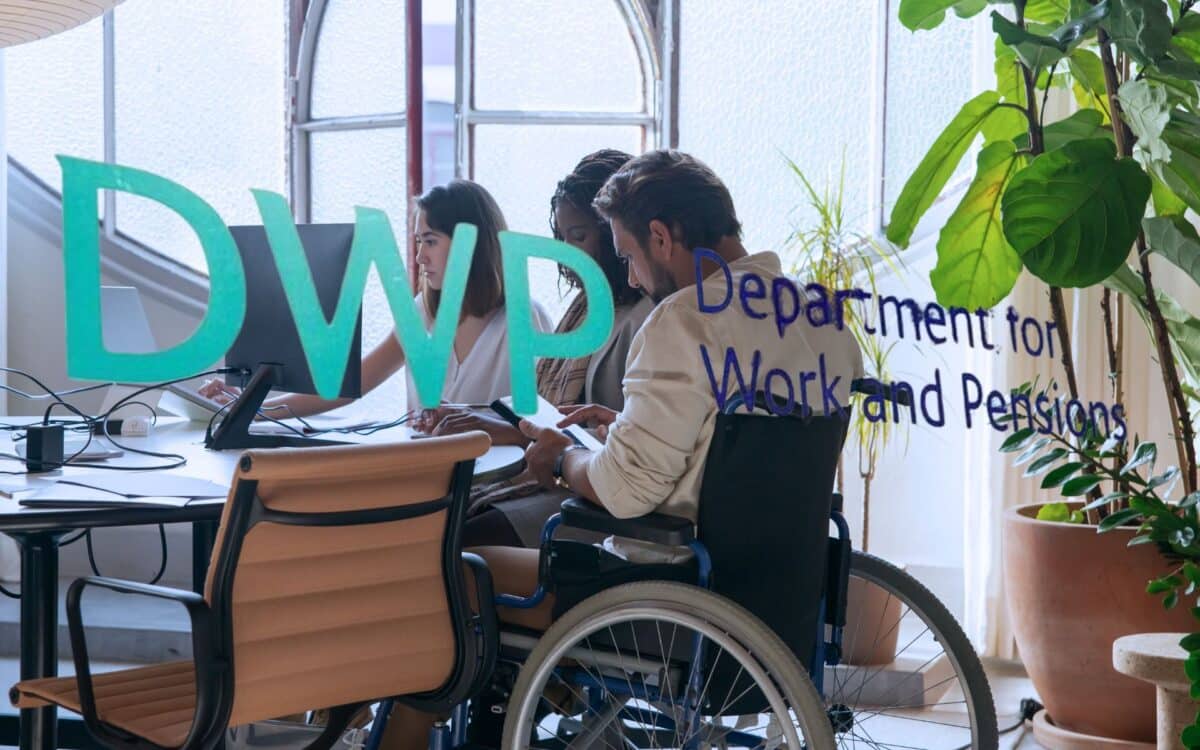The UK’s disability benefits system is under review as part of an ambitious plan to address long-standing challenges faced by millions of individuals. With a focus on modernising support structures, the proposed changes aim to tackle issues such as economic inactivity and access to essential services.
While details remain limited, officials have emphasised the importance of collaboration and consultation in shaping the reforms. As these efforts take shape, the initiative holds the potential to improve the lives of many and strengthen pathways to employment.
The Rising Need for Change
The number of individuals relying on sickness and disability benefits has increased by 50% since early 2020, surpassing 3.6 million claimants. This surge has highlighted systemic inefficiencies, spurring the government to consider significant reforms. According to Sir Stephen Timms, the DWP intends to engage with stakeholders and disabled individuals to shape a more inclusive system.
- Current benefits include :
- Personal Independence Payment (PIP)
- Disability Living Allowance
- Attendance Allowance
- Planned reforms aim to enhance security and support for disabled individuals while promoting workforce participation.
These changes are expected to provide a stronger safety net while fostering opportunities for greater independence and economic engagement.
Targeted Consultation and Engagement
The consultation process will be key to ensuring the reforms are well-informed and effective. The government aims to involve a wide range of voices, including those directly impacted by the system.
The DWP is set to release a Green Paper in Spring 2025 to outline its reform proposals. The government’s approach emphasises collaboration with disabled individuals, advocacy groups, and policy experts.
- Goals of the Green Paper :
- Address economic inactivity linked to health issues.
- Reduce delays in accessing care and support.
- Involve affected communities in shaping policy.
Tackling Economic Inactivity and MSK Conditions
The government’s strategy also targets the root causes of economic inactivity, particularly musculoskeletal (MSK) conditions. These issues not only affect individuals’ health but also have widespread economic implications.
Funding for Innovative Solutions
Musculoskeletal (MSK) conditions are a leading cause of economic inactivity in the UK, second only to mental health issues. The government has allocated £3.5 million to help regions improve MSK services, aiming to reduce treatment delays and support individuals returning to work.
- Key initiatives include:
- Funding of up to £300,000 per Integrated Care Board (ICB).
- Support for faster treatment through the NHS’s Getting it Right First Time (GIRFT) program.
- Reducing waiting lists, which reached 348,799 in late 2024.
Addressing Widespread Impact
MSK issues significantly burden the economy and healthcare system. Statistics reveal the scale of the problem:
- Over 1.1 million individuals in England and Wales receive PIP for MSK conditions.
- MSK was responsible for 23.4 million lost working days in 2022.
- Around 2.8 million individuals are economically inactive due to long-term health conditions, with MSK being a primary factor.
Towards a Healthier Workforce
The government’s renewed focus on healthcare and employment reflects its ambition to build a more robust workforce. The goal is to reduce economic inactivity while improving individuals’ quality of life.
The Path Forward
Labour’s Plan for Change emphasises:
- Increasing resources for MSK treatment programs.
- Collaborating with clinical leaders to improve healthcare delivery.
- Encouraging workforce reintegration for those affected by chronic conditions.
The government is preparing to release detailed reform plans, maintaining a focus on building a system that balances financial support with accessible healthcare and employment opportunities.
The proposed disability benefit reforms represent a critical step toward a more inclusive and equitable system.
By addressing systemic inefficiencies and prioritising collaboration, the UK government aims to create meaningful change for millions. The consultation process will be pivotal in ensuring that these reforms truly reflect the needs of those they are designed to support.









